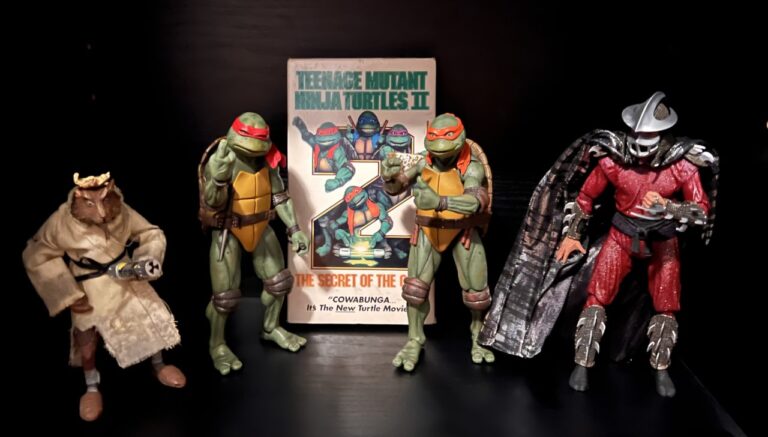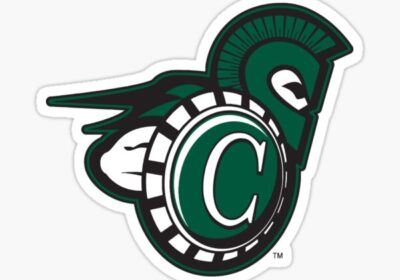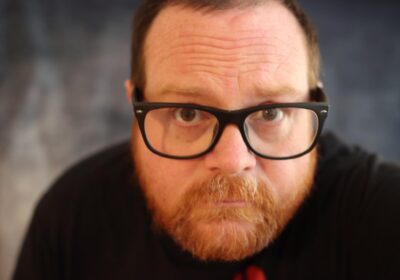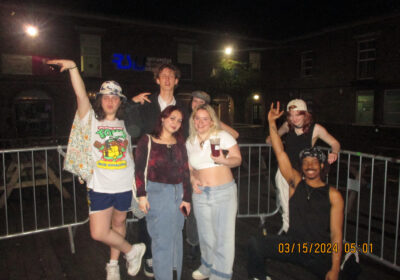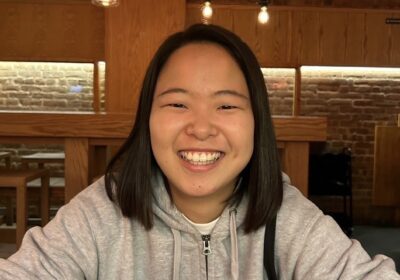What I should have said
My friend had to get something at Walgreens the other day.
We walked in, grabbed everything she needed, browsed the makeup (obviously).
We made our way over to check out at the same time as a man who let us step in front of him in line.
I don’t remember what we were talking about, but as soon as there was a slight pause in our conversation, the man said, “excuse me.”
I had my back to him, so I turned around to face him.
“What’s your nationality?” he asked me.
The man was white. He looked about middle-aged and stood taller and bigger in frame than me. I’ve been asked this question many times, and many of those times have made me slightly uncomfortable.
This, though, coming from an older man, a stranger, made me that much more uncomfortable. We had not interacted with each other, hadn’t even said hello.
It’s one thing if it’s coming from a customer at work who I’ve served all night. Even if it makes me uncomfortable, I understand it more. At least a little bit. It’s an entirely different thing if it’s a genuine question from someone who I’m getting to know, that makes sense to me.
What doesn’t make sense to me is asking that of any random person of color, any stranger, you happen to pass.
And what bothered me even more was realizing that my nationality is American. I’m a U.S. citizen. I’m Korean American, but that’s not about my nationality, it’s about my ethnicity.
I didn’t feel like explaining this to him though, so I told him I’m Korean, answering tight-lipped but still trying to be polite. He said something along the lines of “cool” or “great” and then told me it wasn’t intended to be a rude question so he’s sorry if it seemed it.
I waved it off, telling him it was OK.
Truthfully, though, it didn’t really feel OK. I know that some people will read this and think, “You should’ve told him that, Lily!” and I thought that, too, but the potential for the situation to turn bad or violent or whatever else stopped me.
Some people will think, “That doesn’t sound too bad, plus he apologized to you.”
It’s unsettling to know that there are people who will look at you, see you’re different, and immediately need to know exactly how, despite not even knowing your name. It’s unsettling that he needed that information, for some reason, and I have no idea why or what he’s going to do with it.
It was, I suppose, worded better than, “Where are you from?” but it still felt the same.
I thought, for days after that, about what I could have said instead. I could have answered that I’m American and left it at that. I could have asked him his “nationality” after I answered.
I could have told him that it was rude, that he doesn’t have a right to question people of color in a way that makes them feel like outsiders, that my ethnicity shouldn’t matter to him. I could have pointed out that he likely has never asked that question of a white person.
I probably should have.


